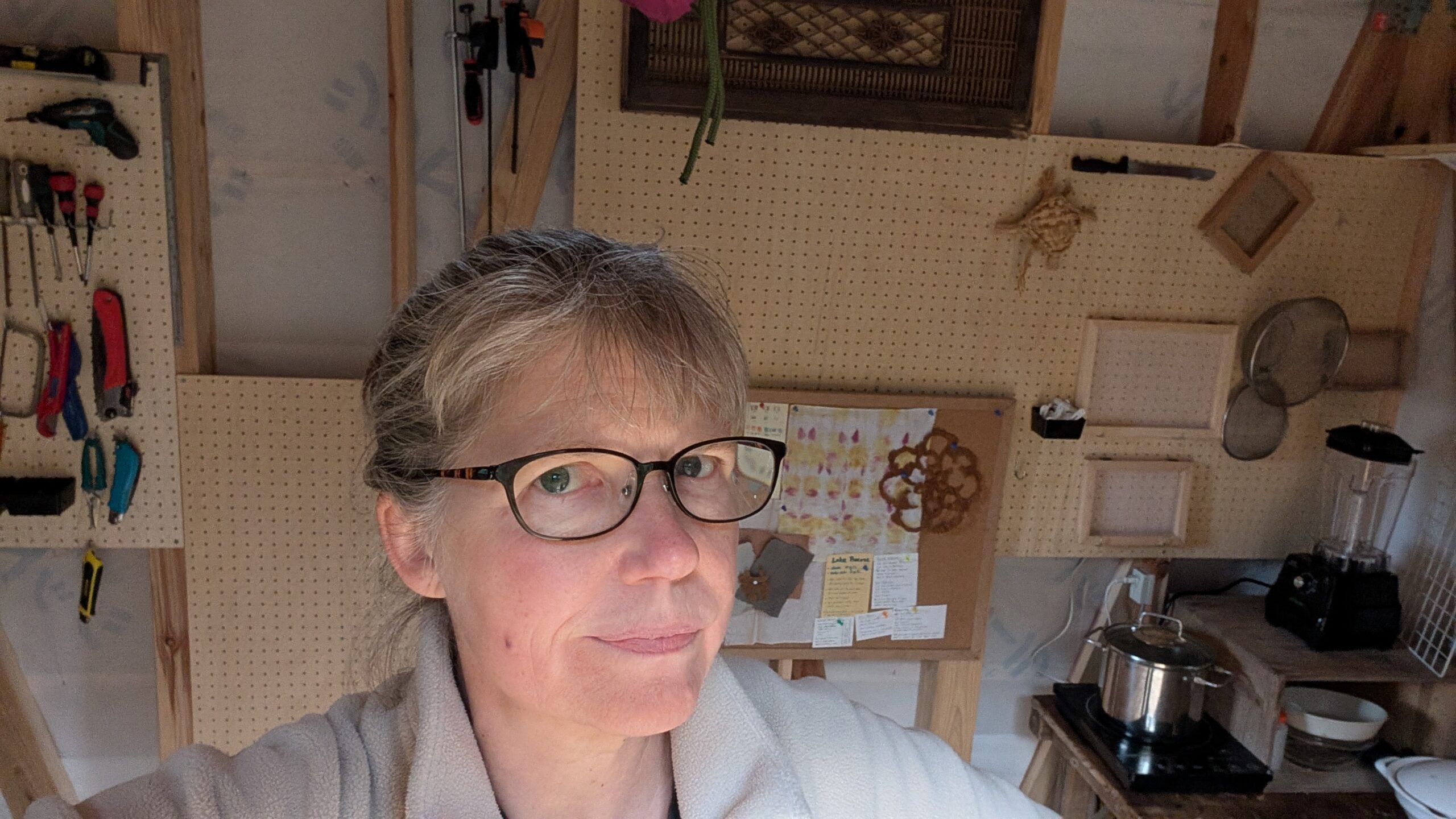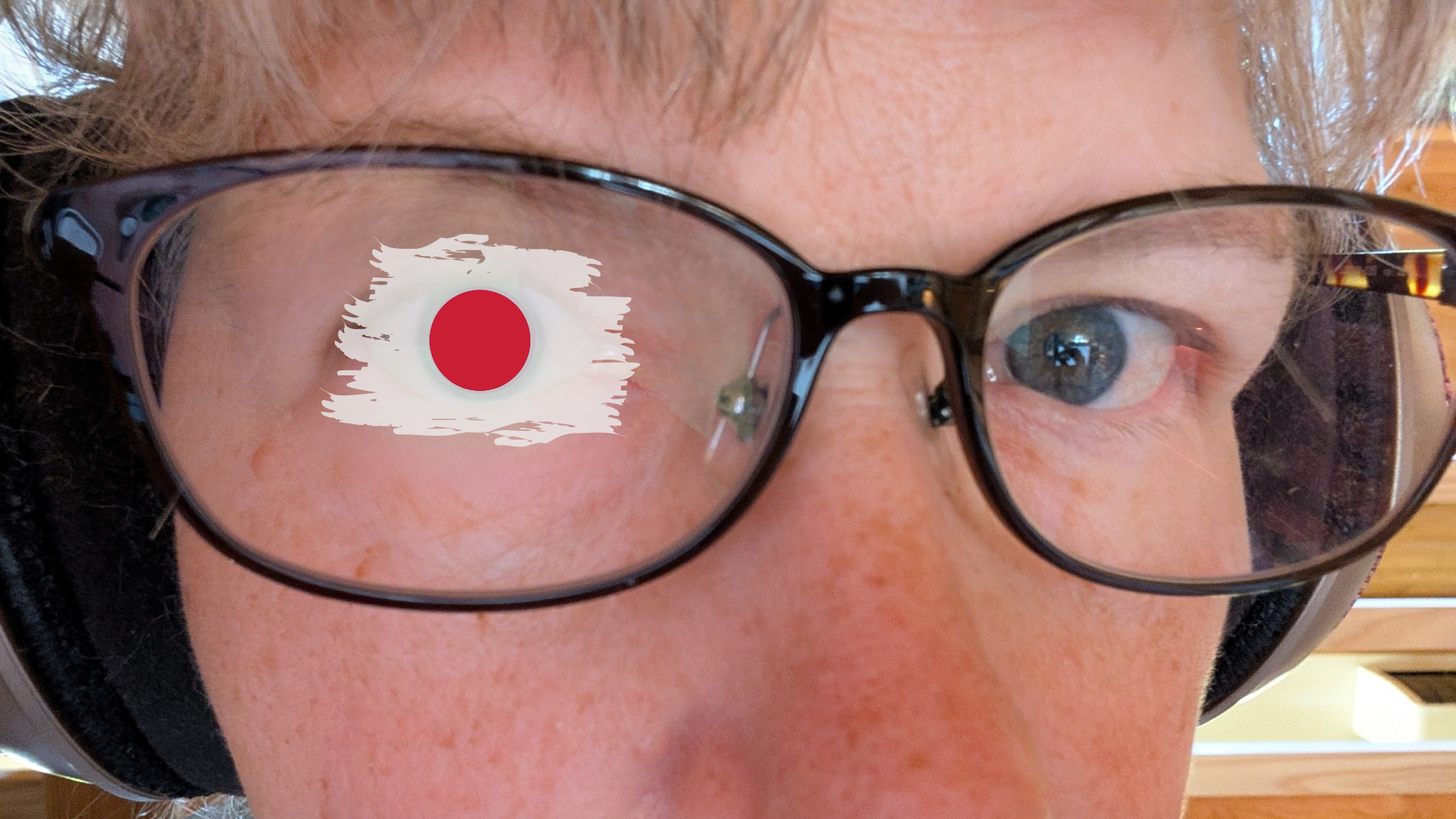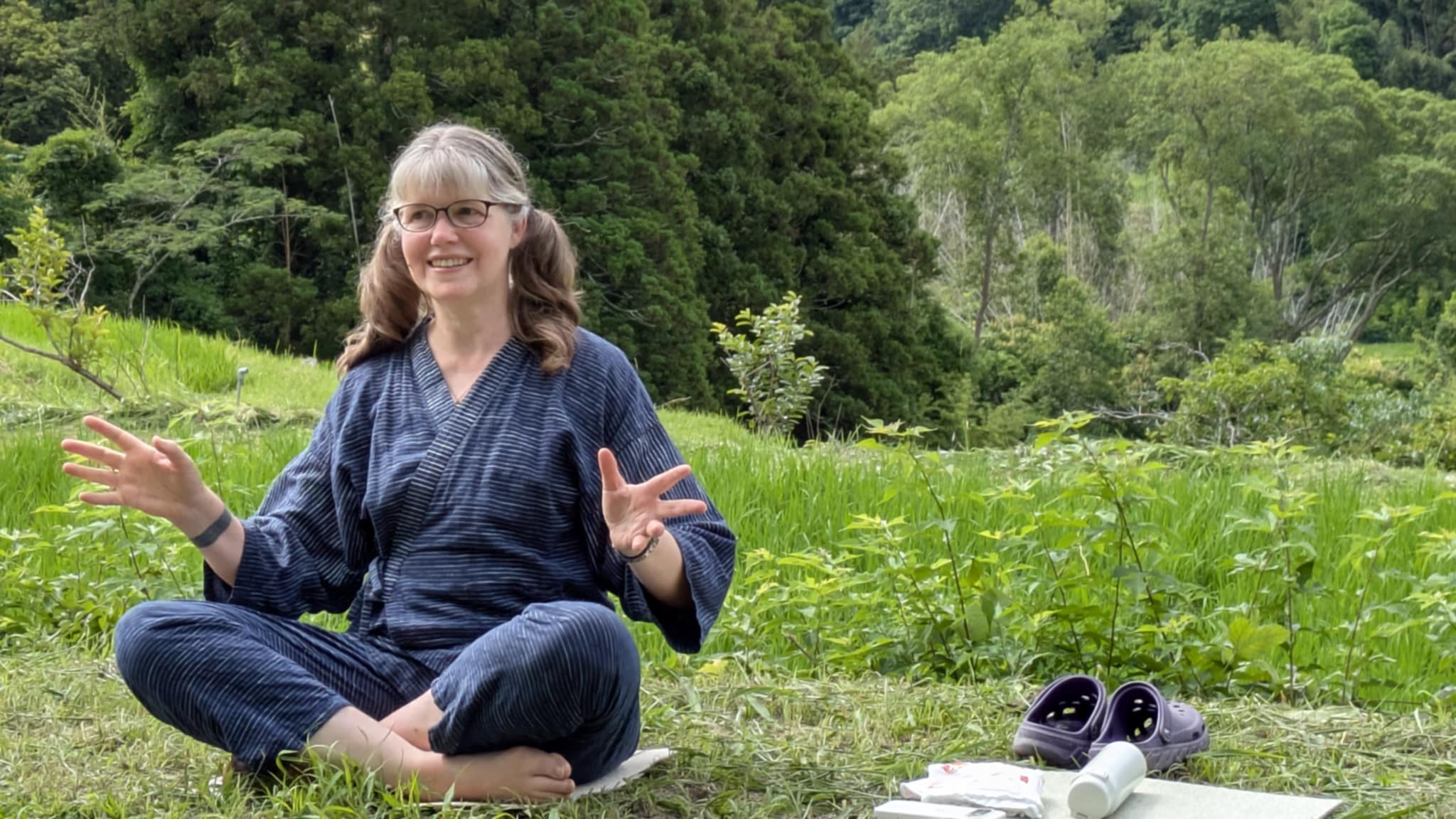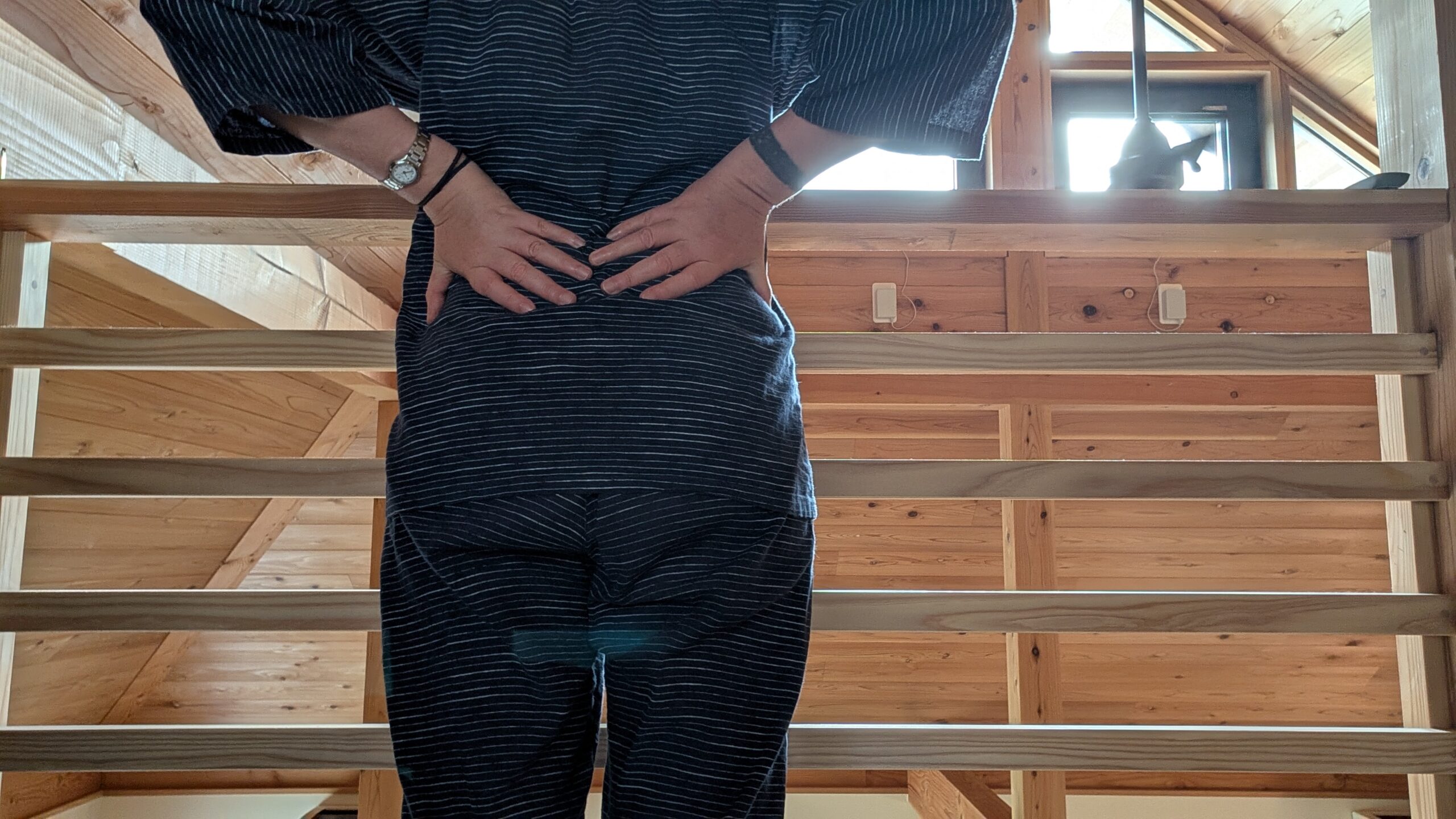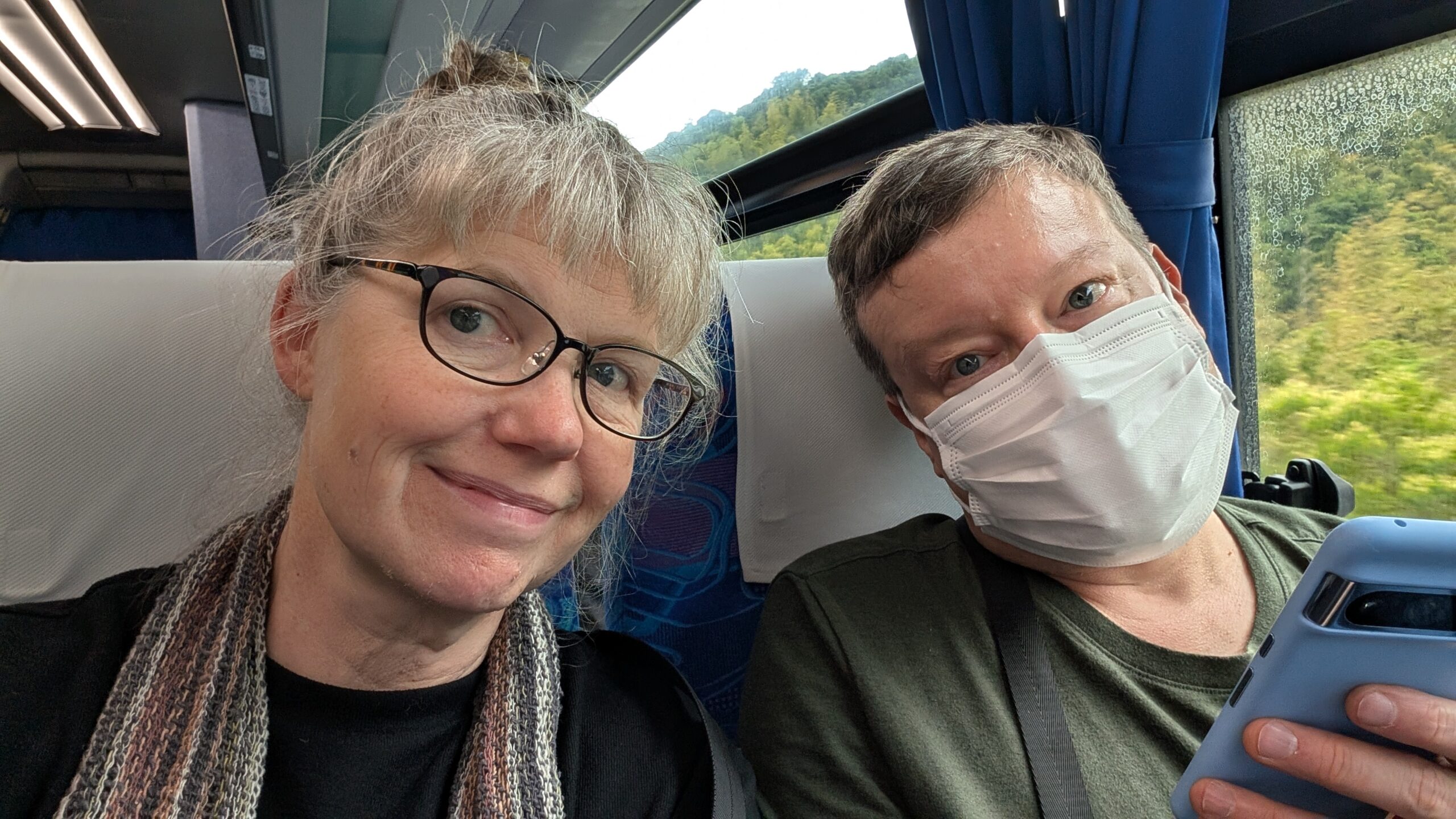I despise the word hobby. It raises my hackles every time I hear it. Doubly so when it is applied to me.
Unfortunately, thanks to cultural perceptions, I hear it often from my Japanese friends especially when they see inside the shed or my studio in the loft. “Oh, what a great hobby space!” They may think they are complimenting me, but it feels like a slur. It’s not their fault.
My art is not a hobby. It’s how I express my connection to the world. It’s my reason for being. In fact, since college, my goal in life has been to create an artwork that causes an emotional reaction in the viewer. I have even accomplished that goal a couple of times.
My neurodiversity loves kinds of artistic output: writing, painting, drawing, building things, sewing, cooking, performing. It may seem like I dabble in too many things, but they all add up to Kristen. I am an artist of life, not a collection of hobbies.
So I am going to break down my problem with the word hobby focussing on its cultural differences in the US and Japan.
In American English, hobby is usually demeaning. Because a hobby:
- …is not a career. Income is such an important part of American life; everyone is encultured to earn money and become rich. I am always encouraged to sell my art at markets or online, to teach workshops, or to write books. So in order to prove that my art is not a hobby, I do earn money from it. For example, Drawing Meditations is an ongoing project where I teach art techniques.
- …indicates amateurism. No need for skill or deep learning if you aren’t making it a career. It’s okay if your ability is poor and never gets better. Just enjoy it.
- …is dismissible. The importance of activity is erased by the use of hobby. Are you a gym rat? That’s a healthy hobby! Make your own clothes? That’s a fun hobby, not a skill. Volunteer at a food kitchen? What a compassionate hobby. Unless you are earning money from it, anything you do could be called a hobby in the USA.
- …is casual and a bit meaningless. It’s something for your spare time or for fun. A hobby is pleasant but unproductive. No need for intention. It’s a pastime. I don’t think there is anything wrong with casual hobbies, but it’s not cool when everything is either work or a hobby and there’s no room for meaningful non-profit activities.
In Japanese culture, hobbies have more respect because they are the part of a person’s life where personal taste can be most freely expressed. Hobbies are part of one’s ikigai, reason for being. There are four key words that mean hobby:
- 趣味 (shumi): This is the most usual term. It carries a neutral to positive connotation. There’s respect for someone’s “shumi” as it reflects their personality and aesthetic sensibilities. Shumi is a synonym for aesthetic taste.
- 余技 (yogi): Refers to skills or accomplishments outside one’s main profession—a lifework or calling. There is mastery in the calling. It’s not amateurish, but it’s not a job, either.
- 道楽 (douraku): This one carries a more negative nuance. Douraku is a hobby that takes all of one’s time or money. Traditionally, activities like gardening or fishing (maybe after retirement), or less savory ones like drinking or gambling were considered douraku when they captured one’s whole attention. Nowadays, that list might also include indulgences like collecting sports cars, or traveling around the world.
- 暇つぶし (hima tsubushi): Literally “killing time,” this has the most trivial connotation. It’s the most like the demeaning feel of hobby in English.
So if you want to avoid insulting English-speaking friends (and specifically me) what should you call shumi in English? What words are less awful than hobby? Pretty much anything else:
- Activity
- Avocation
- Calling
- Interest
- Lifework
- Metier
- Mission
- Passion
- Practice
- Project
- Pursuit
Is the shed a hobby room? No. I call it my studio, atelier, workroom, or simply the shed. And you should, too.
Thank you.
